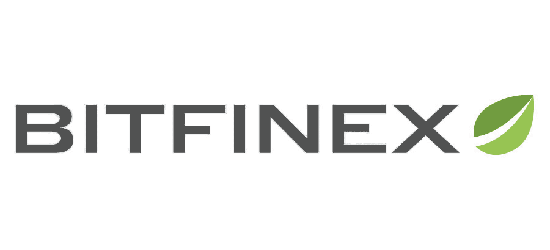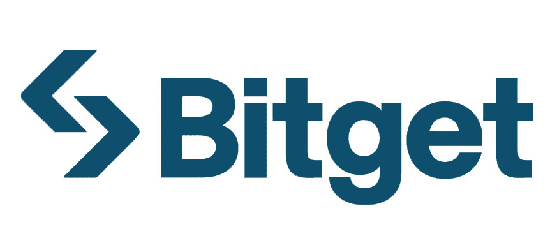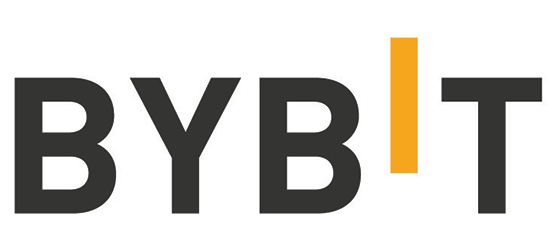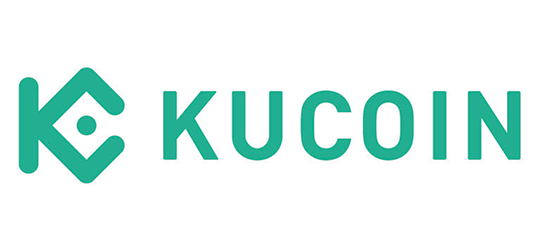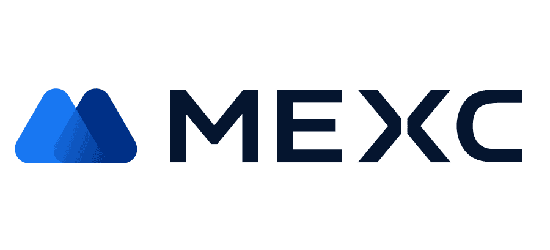SEC has filed a lawsuit against Consensys
The Securities and Exchange Commission in the United States has initiated legal action against Consensys, a key player in the Ethereum development space. The charge is that Consensys has been functioning as a security broker without the proper registration, particularly through its operations involving Metamask.
The SEC's legal complaint underscores that this lack of formal broker registration has stripped investors of essential legal safeguards.
Significantly, the SEC is targeting specific staking programs like Lido and Rocket Pool, arguing that these schemes constitute securities. This classification stems from the perception that investors contribute tokens into a collective venture with the "reasonable expectation of profits."
SEC believes that Consensys essentially performs as a broker by promulgating its MetaMask Staking initiative. This is evidenced by facilitating transactions within the Lido and Rocket Pool 'investment contracts' on behalf of others. According to regulator, Consensys engages in soliciting potential investors, positions itself as a marketplace for these investment contracts, and even advises on which contract might yield greater returns.
Furthermore, the SEC has identified additional tokens like Polygon (MATIC) and Chiliz (CHZ), categorizing them as unregistered securities.
This lawsuit is hot on the heels of the SEC retracting its probe into Ethereum 2.0 just days earlier, a move that Consensys and its founder, Joseph Lubin, celebrated as a triumph for developers. Despite this victory, Lubin emphasized the continuous struggle towards achieving a regulatory framework that supports their endeavors.
Previously, in April, Consensys had sought legal recourse against the SEC, alleging the agency's intentions to disrupt the Ethereum network's ecosystem. They demanded a judicial mandate to halt the SEC’s potential lawsuits concerning MetaMask Swaps or Staking.











